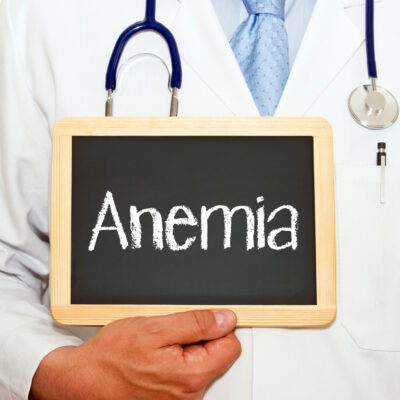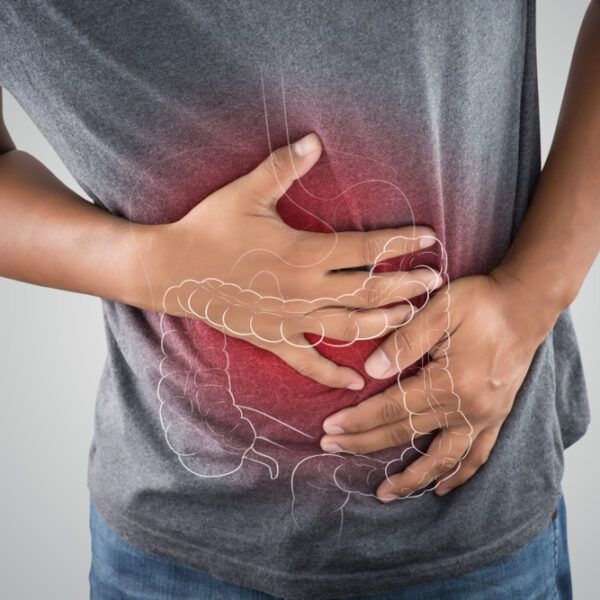
The Worst Foods for Joint Pain
Osteoarthritis, which is often referred to as “wear and tear” disease, is the most prevalent form of arthritis. Joint pain due to arthritis is very common, particularly in patients of advanced age. According to WebMD, one-third of adults experience joint pain, with the knees, shoulders, and hips being the most commonly affected areas.
Read More 







